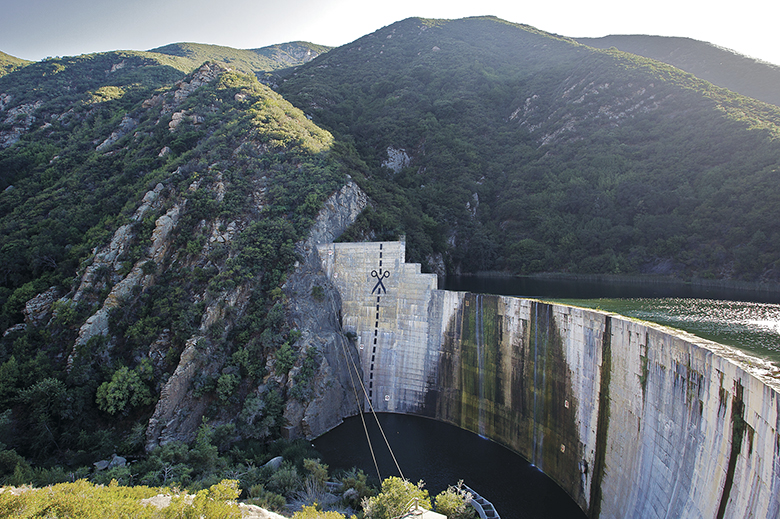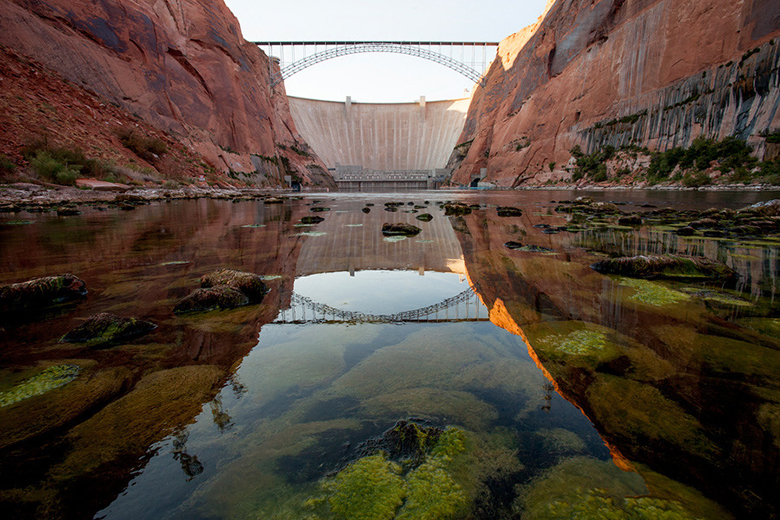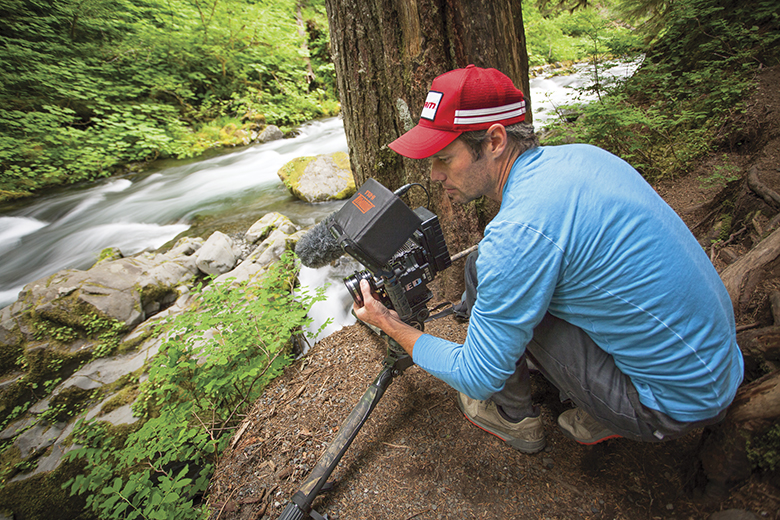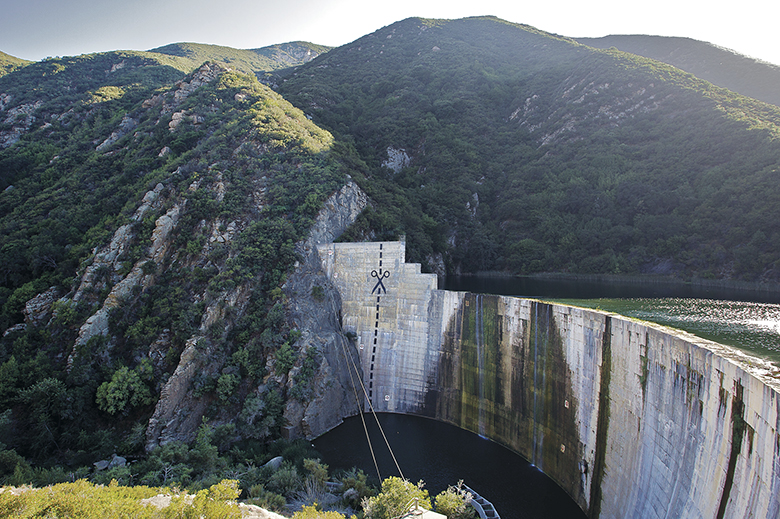
So why then, doesn’t a documentary called DamNation focus on the greatness of dams? The answer is simple, really. When U.S. policies extended infrastructures in the past, much of it inevitably exploited natural resources, much to the blind eye of the general public. With their gorgeously shot look at the mighty dam and its influence on human culture in the United States, directors Ben Knight and Travis Rummel aimed to showcase exactly that exploitation.

Without a doubt, Dam Nation has an agenda from its get-go; it is sponsored by outdoor clothing company Patagonia, for starters, and uses many historical examples of dam-related devastation, such as floods and the destruction of watersheds and critical salmon runs, to illustrate its point. Few dam proponents speak on camera — though to be fair, the filmmakers were quick to point out that no pro-dam politicians would agree to speak with them. Luckily, they were lucky enough to attain clips from open political hearings, and Chairman Doc Hastings, who is quite outspoken on the issue, was quoted in-depth.
“Some people seem to have forgotten that before the era of dam construction, the endless cycle of withering droughts and violent floods constantly plagued our watersheds. Our dams tamed these environmentally-devastating events. They turned deserts into oases and laid the foundation for a century of growth and prosperity for the American West. But over the last few decades, a radical and retrograde ideology has seized our public policy,” says Chairman Doc Hastings, at a public hearing. “It springs from the bizarre notion that Mother Earth must be restored to her pristine, prehistoric condition, even if it means restoring the human population to its pristine prehistoric condition.”
Hastings then goes on to say that a world without dams would be one where power was rationed out in dim homes, and that those in favor of dam removals are comprised of the “lunatic fringe of our society”. Naturally, he was speaking to a group of individuals very much in line with his own agenda, and his words seem to be on the “lunatic fringe of our society” to those who might oppose his opinion. In this sense, Hastings’ words bear some documentary itself, which one might argue is effective mostly in preaching to the naturalist choir.
DamNation | Trailer from FELT SOUL MEDIA on Vimeo.
DamNation uses a number of case studies, primarily on dams throughout the Pacific Northwest, to highlight current trends in dam removals and the reasons they are beneficial for local habitats and communities. One main example was found in the Elwha and Glines Canyon Dams on Washington State’s Olympic Peninsula. After twenty years of community and political discussion, the dams were removed in 2011, costing taxpayers over $360 million dollars — one of the largest dam removal projects to date in the United States. DamNation weighs in on the issue with facts about how these dams were illegal to begin with; national policies dictated that as early as 1973, any dams which blocked the migration patterns of fish would be illegal, and these dams indeed fell under that description.
Nonetheless, these discussions on the impact of dams and salmon runs sometimes derails the conversation slightly. The documentary hopes to describe the impact that dam removals have upon the nation, and this overall concept is solid — but because dams are a subject that few people focus on, laying a bit more groundwork is required early on. Knight skips rather quickly over the history of dam-building and talks only briefly about how intermixing between wild salmon and farmed salmon has negative impacts upon the salmon species. Instead, plenty of time is spent talking with Earth-friendly groups who did dam-related guerilla art protests in the ’80s, and on Knight’s adventure through the locks of four dams on the Snake River — both of which are interesting, but fail to further the overall mission of the film.
Dam Nation is a wonderful combination between archival and modern footage and is very much a documentary worth watching, but it will struggle to find an audience outside of those who are already in support of dam removals. On aesthetic cinematographic appeal alone, DamNation is easy on the eyes and worth watching. Unlike most documentaries, however, you won’t leave feeling the passion burn inside your heart — though it may answer questions about why, in 1995, the Clinton-appointed Bureau of Reclamation commissioner, Dan Beard, stated, “The Bureau’s future is not in dams. The era of dams is over.”


Ω






